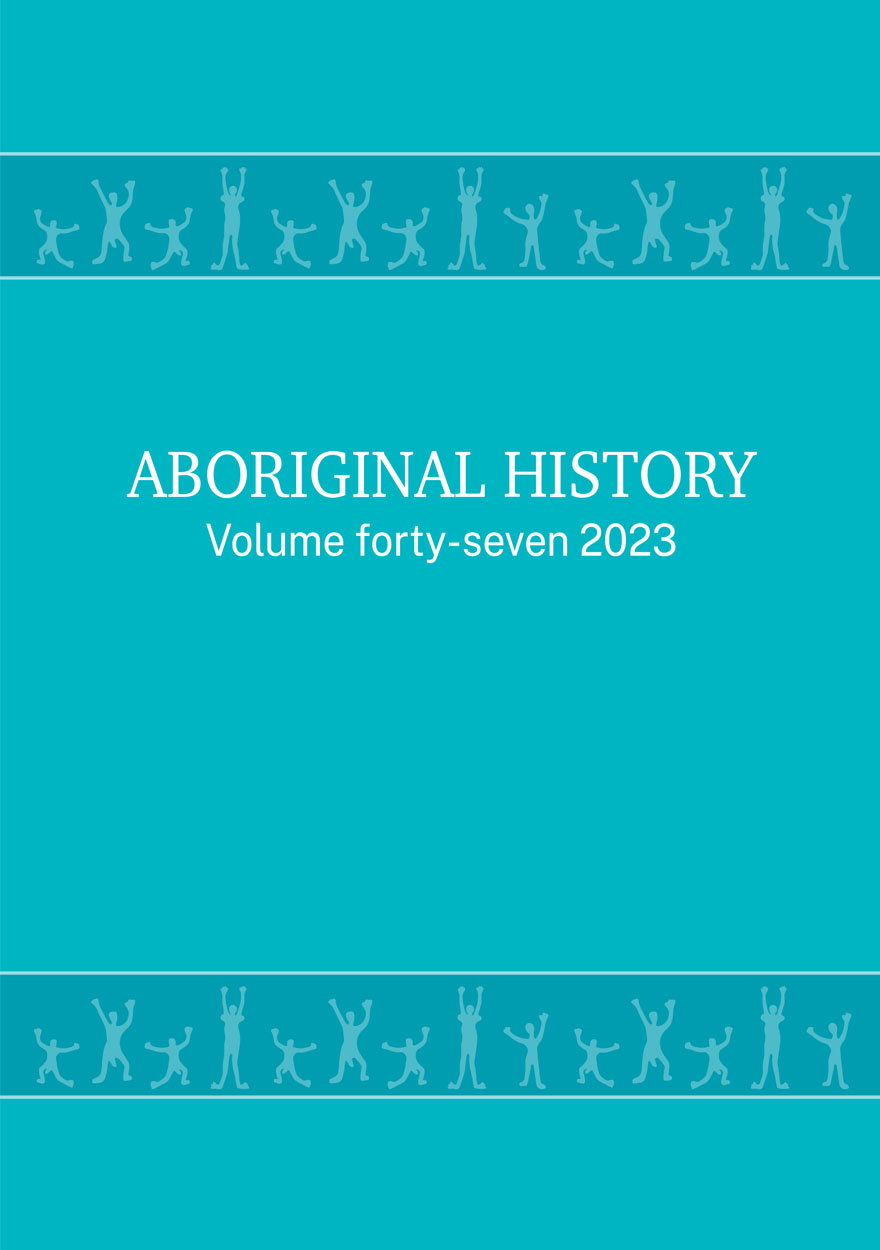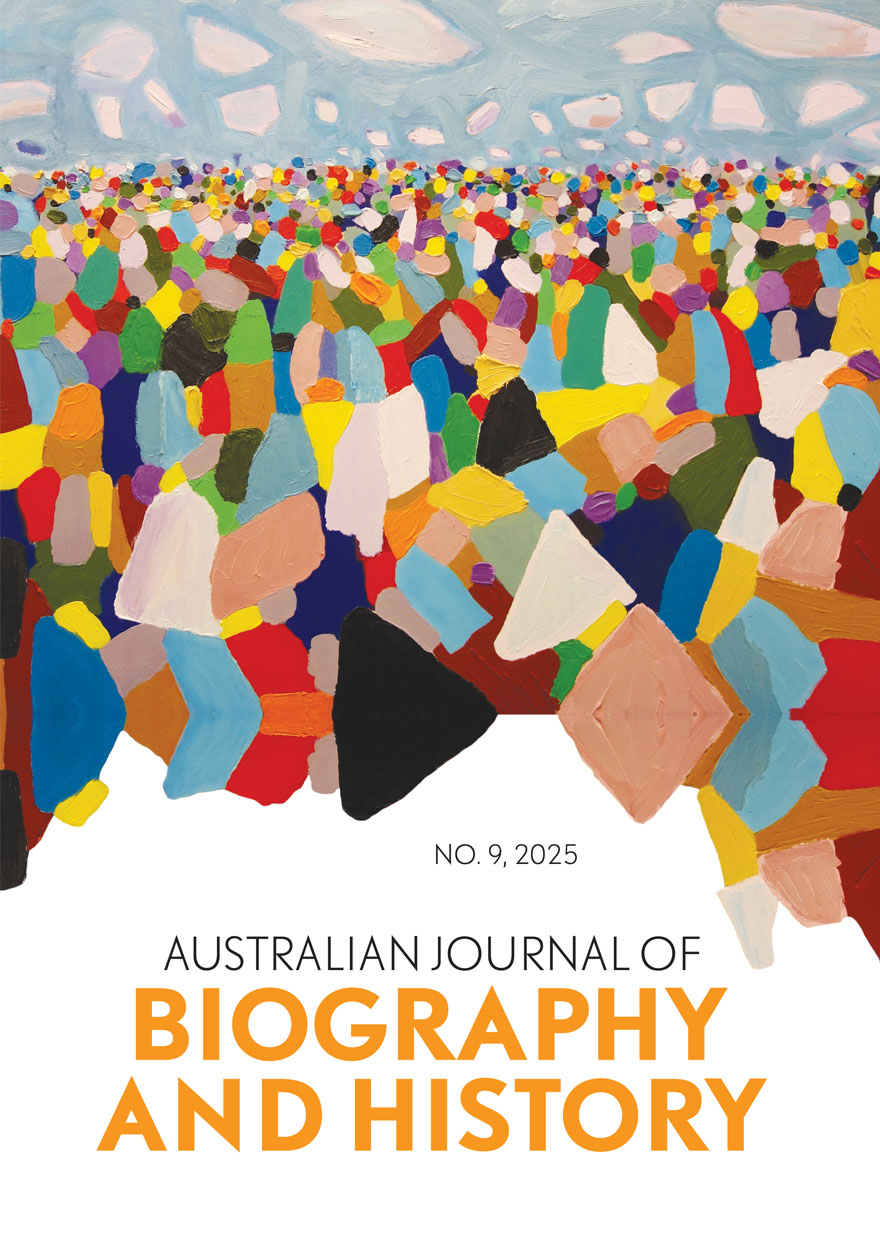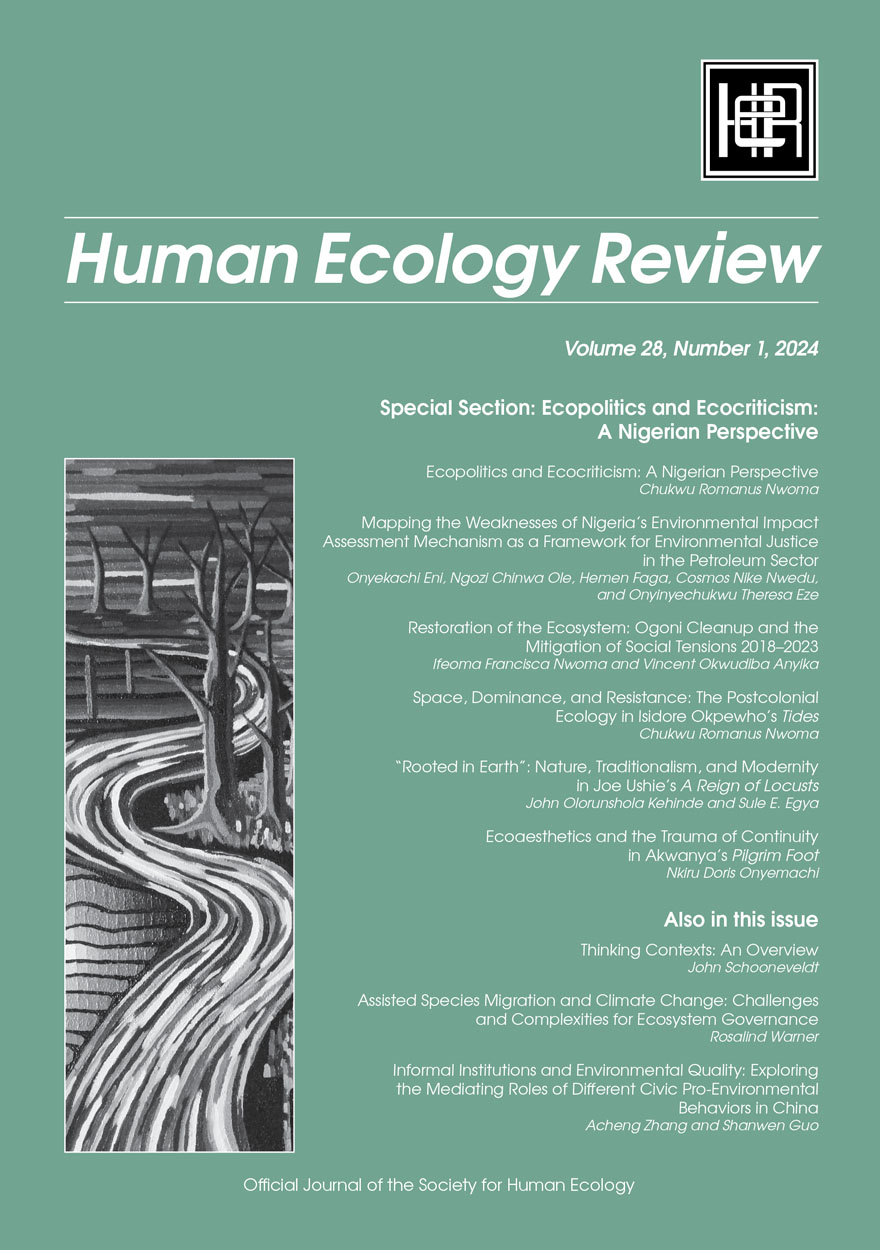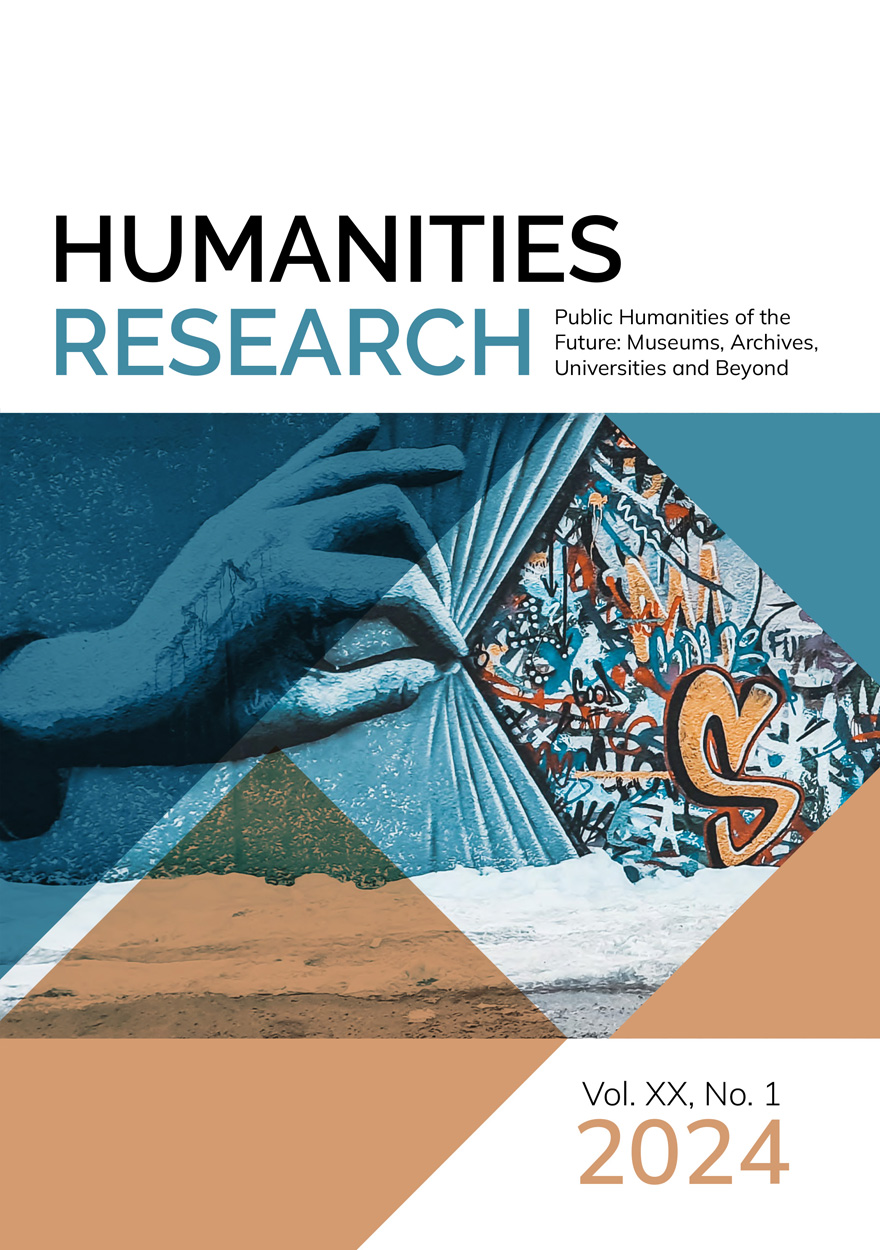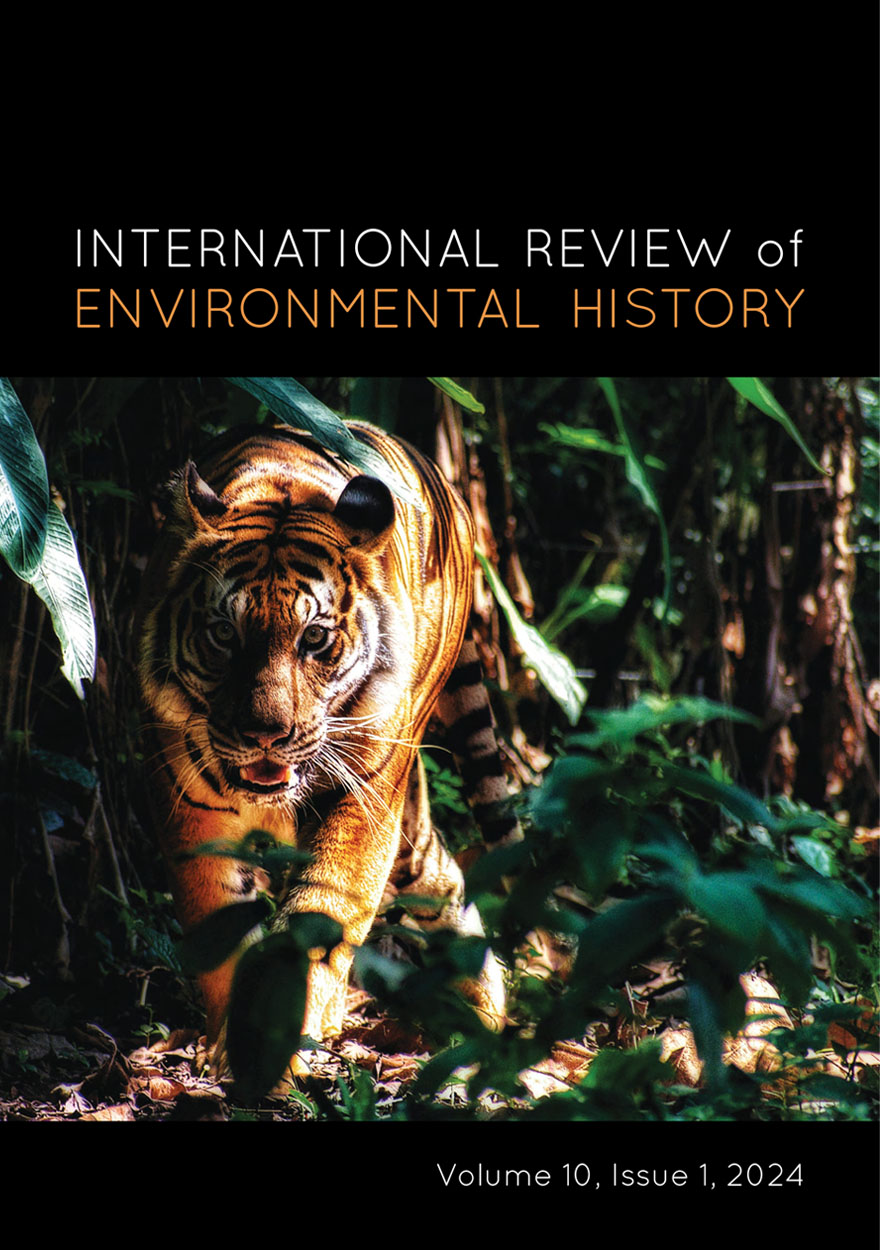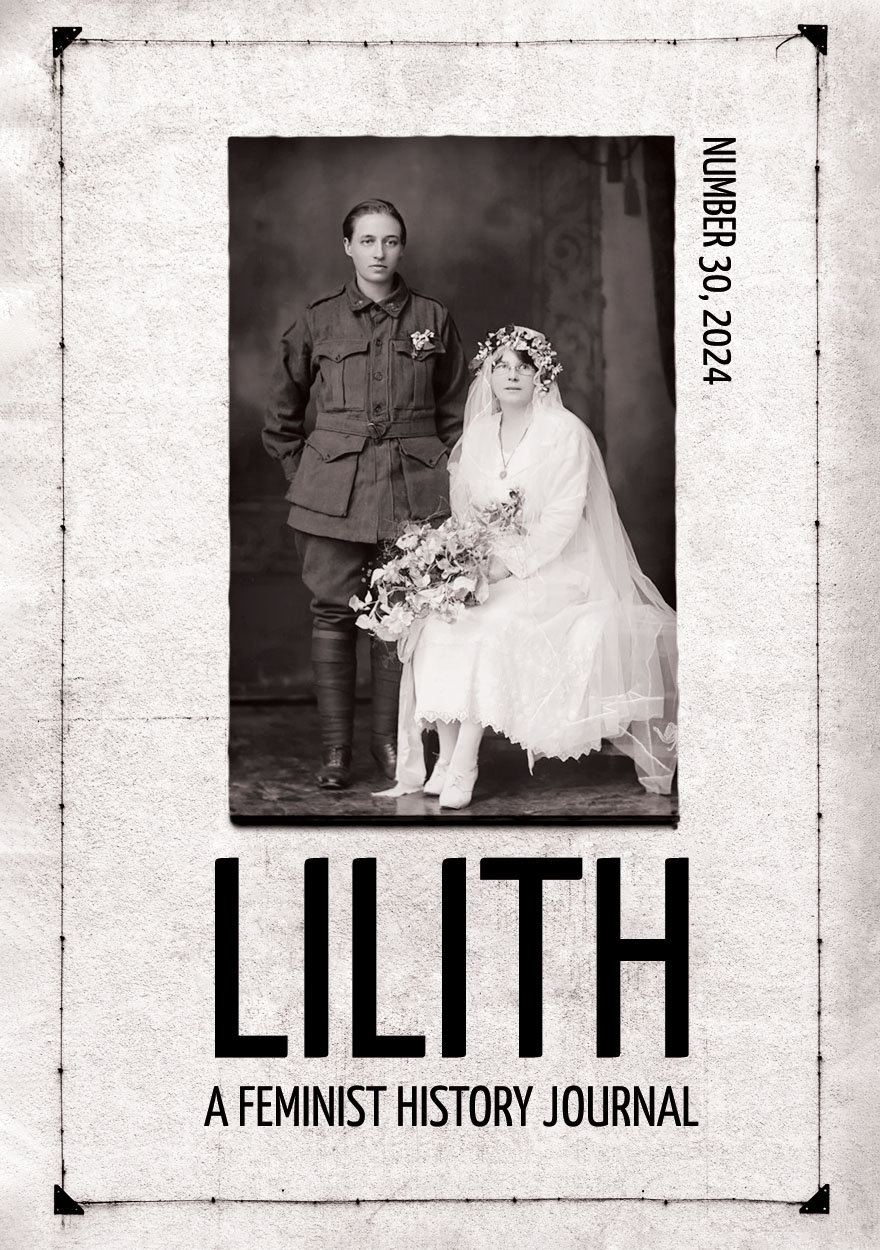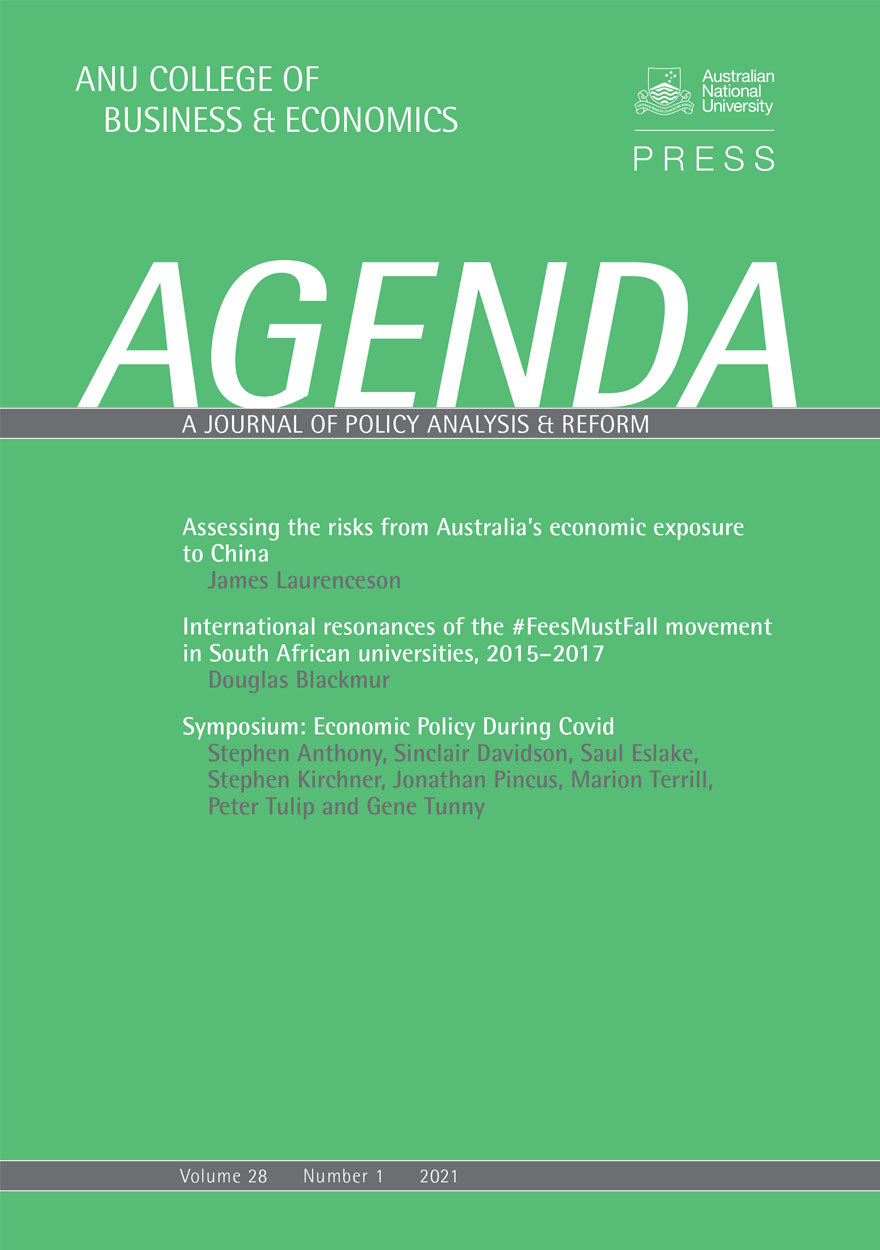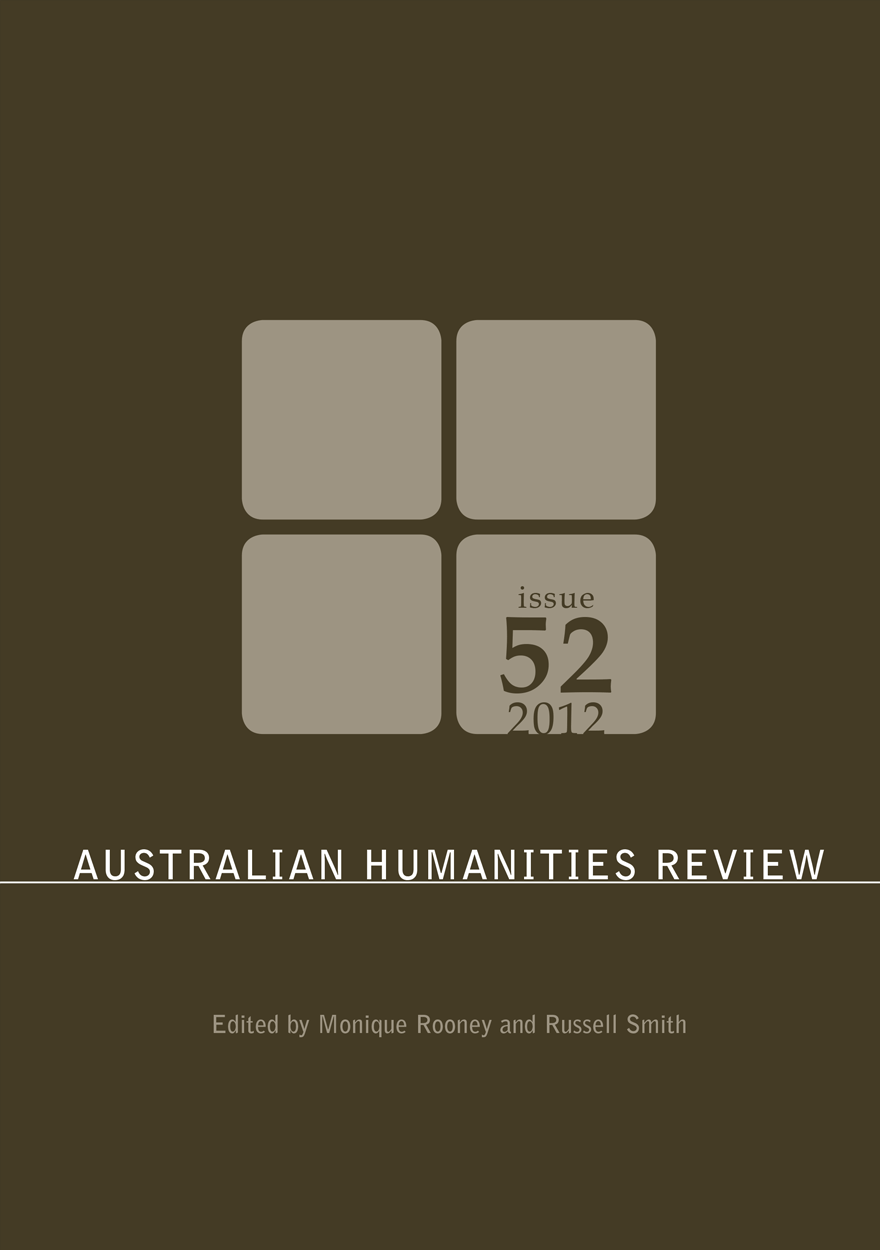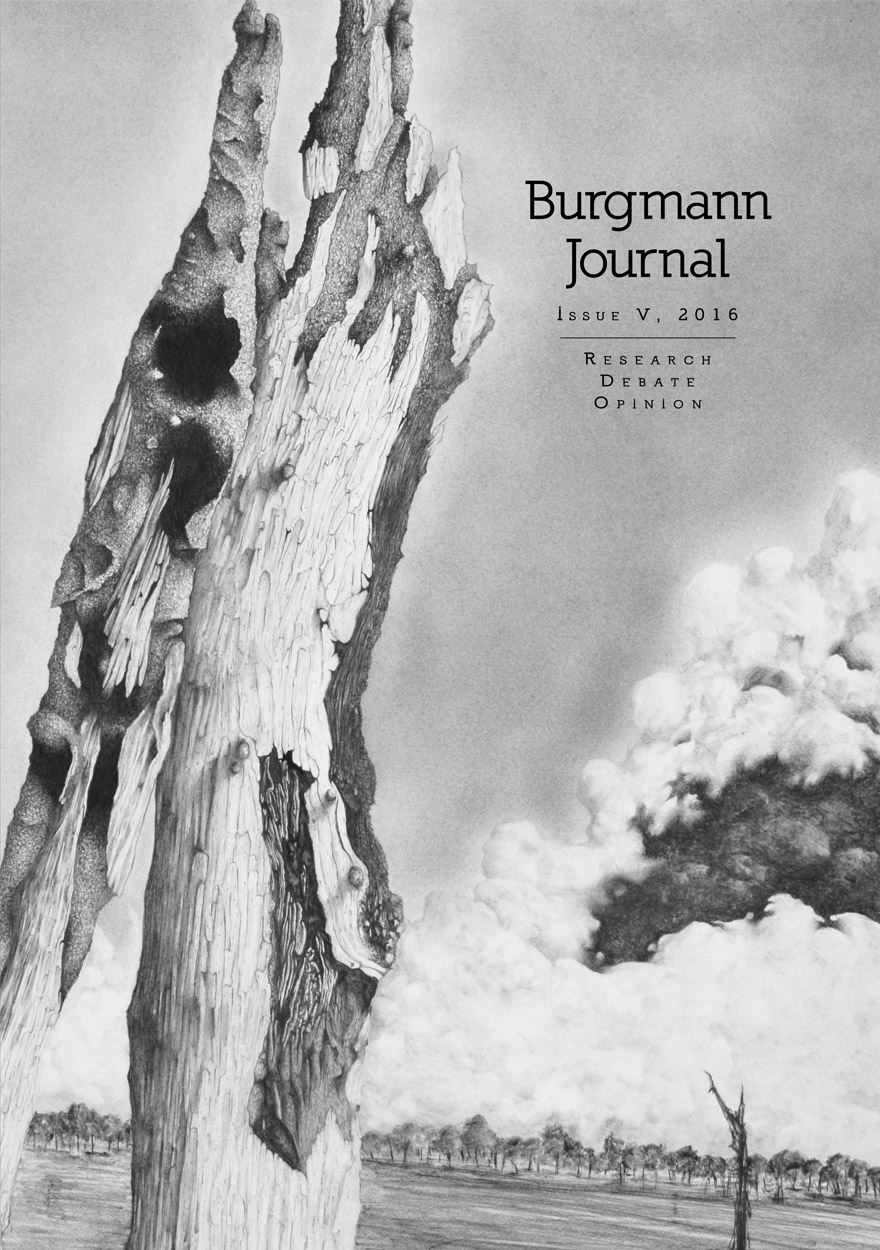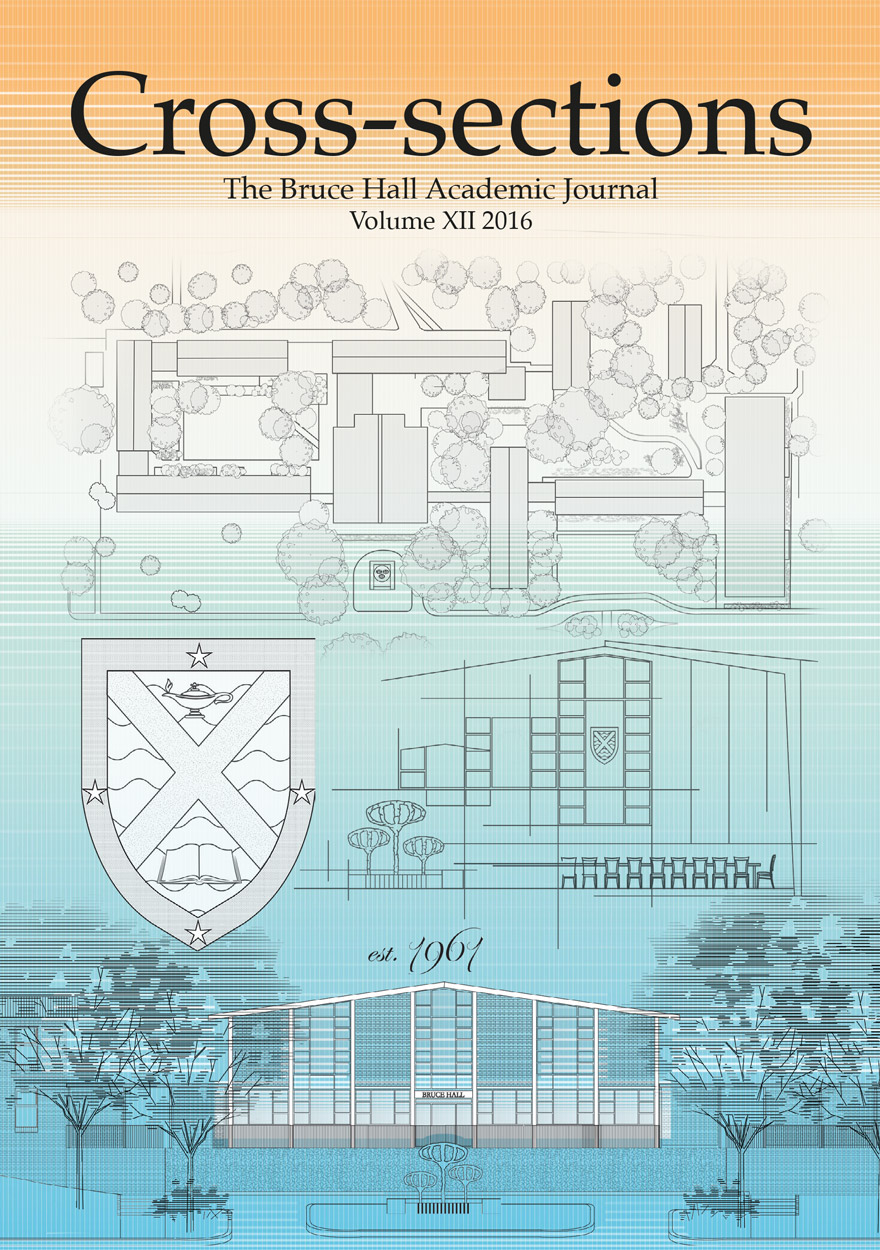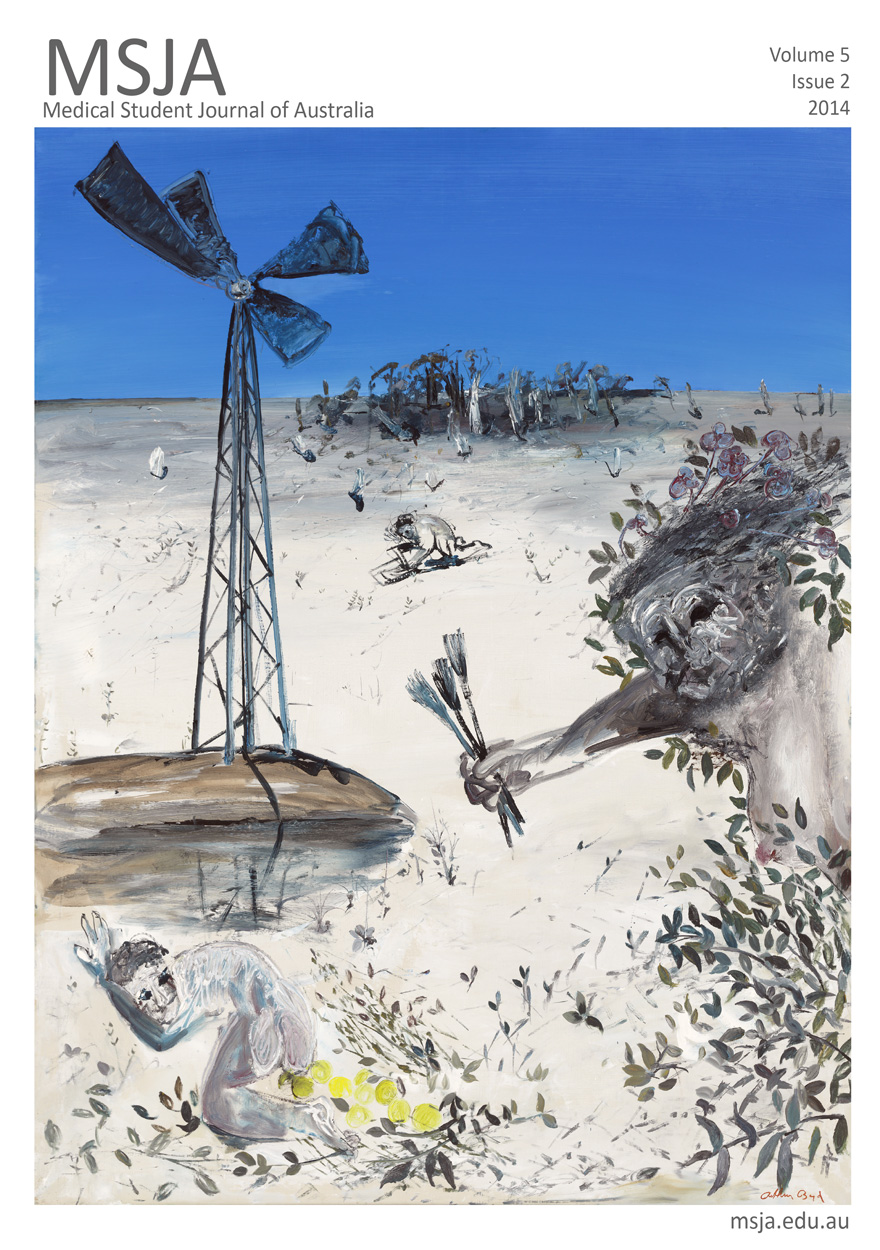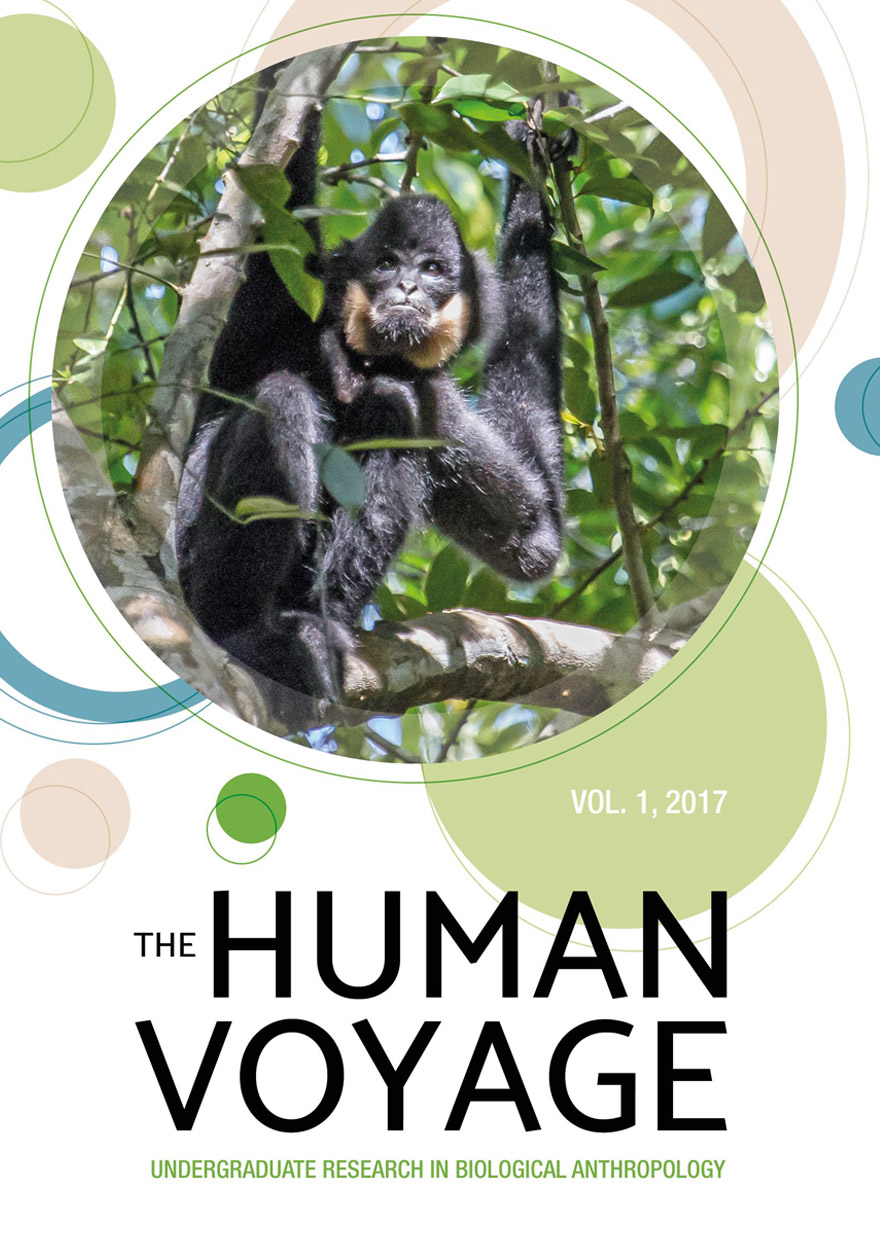Journals
Browse or search a variety of academic journals maintained by ANU Press, or find out more about the journal authors. Download the book for free or buy a print-on-demand copy.
Maxine Montaigne »
Maxine Montaigne was a Research Officer at the Centre for Aboriginal Economic Policy at The Australian National University and is currently a PhD Student in Economic Research History at the London School of Economics.
Peter Read »
Peter Read is an ARC Professorial Fellow at the Department of History, University of Sydney, and Adjunct Professor, Department of History, ANU. Currently he is researching a history of Aboriginal Sydney, and is slowly building the website historyofaboriginalsydney.edu.au.
Frances Peters-Little »
Frances Peters-Little is a Kamilaroi/Uralarai woman and Research Fellow at ANU. Before coming to Canberra, she was a filmmaker for the ABC and left in 1995 after working on more than 18 documentaries as researcher, producer and director. The film she is best known for was Tent Embassy, which screened for the True Stories series on the ABC and won a Sundance Award. She was the Australian producer for the international documentary co-production the Storytellers of the Pacific series. Today Frances Peters-Little spends most of her time writing, and is currently in the final stages of her book entitled The Return of the Noble Savage: By Popular Demand. She is also working on her second book, the official biography on the life of her father, Jimmy Little, which is expected to be published by ABC Books. Her other projects include the ARC Discovery projects Unsettling Histories (2004) and A Historical Study of Indigenous Higher Education Centres in Australia (2002).
Shino Konishi »
Dr Shino Konishi is a fellow in the Australian Centre for Indigenous History in the School of History, ANU. She has been the editor of Aboriginal History since 2010.
Tiffany Shellam »
Tiffany Shellam is Senior Lecturer in History at Deakin University. She publishes on the history of encounters between Aboriginal people and Europeans in the contexts of exploration, early settlement and mission stations in the nineteenth century. Her book Shaking Hands on the Fringe: Negotiating the Aboriginal world at King George’s Sound was published by UWA Publishing in 2009.
Ian Keen »
After training and working in the visual arts, Ian Keen gained a BSc in anthropology at University College London (1973) and a PhD in anthropology at The Australian National University (1979). He has conducted anthropological fieldwork in northeast Arnhem Land, the Alligator Rivers region, and McLaren Creek in the Northern Territory of Australia, and in Gippsland, Victoria. He is the author of Knowledge and Secrecy in an Aboriginal Religion (Clarendon Press 1994), and Aboriginal Economy and Society (Oxford 2004) as well as many articles in journals and edited books, and he edited Being Black: Aboriginal Cultures in ‘Settled’ Australia and other collections of essays. His research interests have included Yolngu kinship and religion, Aboriginal land rights, Aboriginal economy, and language and culture. His current research includes the diversity and typology of Australian Aboriginal kinship systems as part of the Austkin project, and the language of property. He has lectured and supervised postgraduate students at the University of Queensland and The Australian National University, where he is now a Visiting Fellow.
Michael Pickering »
Michael Pickering is Head of the Aboriginal and Torres Strait Islander Program at the National Museum of Australia and leads the Museum’s repatriation program. He has previously worked as Head Curator with the Indigenous Cultures Program of Museum Victoria, Native Title Research Officer with Aboriginal Affairs Victoria, Regional Officer with the Northern Territory Aboriginal Areas Protection Authority, as an anthropologist with the Northern Land Council, and as a consultant archaeologist and anthropologist.
Christopher Lloyd »
Christopher Lloyd is Professor of Economic History in the School of Business, Economics, and Public Policy at University of New England, Armidale, Australia. During 2007 to 2010 he spent several periods as a Visiting Professor in the Nordwel Centre at Helsinki University working on the worldwide history and diffusion of social democratic welfare capitalism.
Susy Frankel »
Susy Frankel is Professor of Law at Victoria University of Wellington, Director of the New Zealand Centre of International Economic Law and Chair of the Copyright Tribunal (NZ). She was Consultant Expert to Waitangi Tribunal on the WAI 262 flora fauna and indigenous intellectual property claim (Waitangi Tribunal Report, 2011 Ko Aotearoa Tēnei). Susy qualified as Barrister and Solicitor of the High Court of New Zealand in 1988 and as a Solicitor of England & Wales in 1991. She is a member of the Executive Committee of Association for the Advancement of Teaching and Research in Intellectual Property (ATRIP) and of the editorial boards of Journal of World Intellectual Property, Queen Mary Journal of Intellectual Property and the University of Western Australia Law Review.
Susy has been a visiting Professor at the University of Western Ontario 2012, the University of Iowa 2000, and Fellow of Clare Hall, University of Cambridge and visitor to the Centre for Intellectual Property and Information Law, University of Cambridge, 2008.
Her publications include Intellectual Property In New Zealand, 2nd ed Lexis Nexis (2011); Learning from the Past, Adapting for the Future: Regulatory Reform in New Zealand Lexis Nexis, (2011); with Meredith Kolsky Lewis International Economic Law and National Autonomy, Cambridge University Press (2010); “Challenging TRIPS – Plus FTAs – the Potential Utility of Non-Violation Complaints” (2009) 12(4) Journal of International Economic Law 1023-1065; “Trade Marks, Traditional Knowledge and Cultural Intellectual Property” in G B Dinwoodie and MD Janis (eds) Trade Mark Law and Theory: A Handbook of Contemporary Research (Edward Elgar Press, USA, 2007); “The WTO’s Application of ‘the Customary Rules of Interpretation of Public International Law’ to Intellectual Property” (2005) 46 Virginia Journal of International Law 365-428.
Ian D. Clark »
Ian D. Clark is a Professor of Tourism in the Faculty of Business, at Federation University Australia. He completed his PhD in Aboriginal Historical Geography at Monash University in 1992. His areas of interest include Victorian Aboriginal history, Indigenous tourism, the history of tourism, and Victorian toponyms. He has been publishing in Victorian Aboriginal history since 1982. Recent works include I.D. Clark and D. Cahir (eds), The Aboriginal Story of Burke and Wills: Forgotten Narratives (CSIRO Publishing, Melbourne, 2013); and I.D. Clark, ‘Prettily situated’ at Mungallook: A History of the Goulburn River Aboriginal Protectorate Station at Murchison, Victoria, 1840–1853 (Ballarat Heritage Services Publishing, Ballarat, 2013).
Laura Kostanski »
Dr Laura Kostanski is the CEO and Director of Geonaming Solutions Pty Ltd. Her professional and research interests centre on developing robust geospatial, addressing and geographic naming policies and systems for government and private clients at national and international levels. She is a Churchill Fellow, an Adjunct Research Fellow at Federation University Australia, a Member of the Open Geospatial Consortium, a Director of the International Council of Onomastic Sciences, has been an Australian representative to the United Nations Group of Experts on Geographic Names and recently was successful in collaborating to receive an Australian Research Council Linkage Grant. Laura has been Research Manager and Gazetteer Expert for the CSIRO Spatial Identifier Reference Framework (SIRF) program which examined methods for reengineering gazetteer development, maintenance and output processes with a key focus on Indonesia. In her previous role as Project Manager at the Office of Geographic Names Victoria (OGN Vic) she was involved in policy development, governance and stakeholder engagement in the spatial science domain and was involved in the development of the new Guidelines for Geographic Names Victoria. Laura is currently working on geonaming policy projects for the State Government of New South Wales and the Government of Abu Dhabi.
Shirley Gregor »
Shirley Gregor is Professor of Information Systems and Head of the School of Business and Information Management, Faculty of Economics and Commerce, and Head of the National Centre for Information Systems Research at The Australian National University. Her research work has been widely published in many articles in international and national journals and conferences.
Roger Clarke »
Roger Clarke is a consultant on strategic and policy aspects of eBusiness, information infrastructure, and dataveillance and privacy. His 40-year career has been variously as professional, manager, consultant, academic and company director.
He has published several hundred papers, over a hundred of them in the refereed literature. Most of them are available on his personal web-site at http://www.rogerclarke.com/, which has accumulated over 40 million hits since it was launched in 1995. His Google citation-counts are at http://scholar.google.com.au/citations?user=V3s6CWYAAAAJ.
He holds degrees in Information Systems from UNSW, and a doctorate from the ANU. He has been a Fellow of the Australian Computer Society since 1986 and of the international Association for Information Systems since 2012. He is a Visiting Professor at UNSW (in cyberspace law and policy) and at the ANU (in computer science).
In 2009, he was awarded the second-ever Australian Privacy Medal, following Justice Michael Kirby the previous year.
Geoffrey Borny »
Geoffrey Borny is a currently a Visiting Fellow and member of the Emeritus Faculty at The Australian National University having recently retired from the position of Reader and Head of Theatre Studies. His publications include a monograph entitled Modern American Drama and a verse translation into English of Racine’s comedy Les Plaideurs entitled Petty Sessions. His research interests include the study of Shakespearean acting and staging conventions and the works of Tennessee Williams. Besides being an academic, he is both an actor and director and has received a number of awards for his work in these areas.
Yon Machmudi »
Yon Machmudi received his Ph.D from the Faculty of Asian Studies, The Australian National University (ANU) Canberra in 2007, specializing in Islam in Southeast Asia. He then joined as a researcher the Transliteration Project at the Department of History, National University of Singapore (2005-2006) and the contemporary Islam in Southeast Asia Project at ANU (2006). He conducted a research on the Spiritual Journey Project in collaboration with the University of Wisconsin, Madison, USA (2008-2009). His current research is on the Perceptions of Indonesia in the Middle East (2010-2011) and the Decline of Kyais’ Authority in Pesantren (2011-2012). He is now a lecturer at the Arabic Studies Program, Faculty of Humanities, University of Indonesia and the head of the research and training department at the Central for Middle East and Islamic Studies, University of Indonesia. His recent publications are “The emergence of New Santri in Indonesia, Journal of Indonesian Islam, vol. 02, number 01, June 2008, “Influences of Tasawwuf toward Ikhwanul Muslimin Movement (1928-1949),” Journal of Arabia, vol. 11 no. 22 October 2008-March 2009, Islamising Indonesia: the Rise of Jemaah Tarbiyah and the Prosperous Justice Party, Anu E-press 2008 and “Intellectuals or Housemaids: the Perception of Indonesia in Saudi Arabia” Journal of Arabia, vol. 12 no. 22 March 2009-October 2009.
Aurelia George Mulgan »
Professor Aurelia George Mulgan graduated BA Auckland, BA Hons, and MA Victoria University of Wellington. After graduate studies at Osaka University of Foreign Studies and Tokyo University, Professor George Mulgan completed a PhD at ANU in Japanese Politics. Prior to joining the University of New South Wales in 1985, she was a Research Fellow in the Australia-Japan Research Centre at ANU. In 1990 she was awarded the J.G. Crawford Award at ANU for outstanding work in Japanese political economy, in 2001 an Ohira Memorial Prize for her book on Japanese agricultural politics, and in 2010 the Toshiba Prize for the best article published in the British Association of Japanese Studies journal Japan Forum. In 1989-90, she held a Japan Foundation Fellowship for the study of US-Japan relations, in 1993, an Advanced Research Fellowship at Harvard University’s Program on US-Japan Relations, and in 1994-95 an Abe Fellowship for work on Japan and international peacekeeping. She has held visiting research or teaching positions at the Research Institute for Peace and Security in Tokyo, the Nissan Institute of Japanese Studies at the University of Oxford, Nanzan University, the University of Tsukuba and The Australian National University. In 2002 she was a Senior Fellow in the Research School of Pacific and Asian Studies, ANU and in 2005, a Harold White Fellow at the National Library of Australia. In 2004, 2009 and 2013 she was awarded three-year Australian Research Council Discovery Project grants for work on Japanese political economy.
Professor George Mulgan has published on many aspects of Japanese politics, foreign and defence policies. She is the author of The Politics of Agriculture in Japan (Routledge 2000), Japan’s Failed Revolution: Koizumi and the Politics of Economic Reform (ANU Press 2002), Japan’s Interventionist State: MAFF and the Agricultural Policy Regime (Routledge/Curzon 2005), Japan’s Agricultural Policy Regime (RoutledgeCurzon 2006), Power and Pork: A Japanese Political Life (ANU Press 2006) and Ozawa Ichiro and Japanese Politics: Old Versus New (Routledge 2014). She is also the co-editor of The Political Economy of Japanese Trade Policy (Palgrave Macmillan 2015).
Jane Simpson »
Jane Simpson is Chair of Indigenous Linguistics and Head of the School of Language Studies at The Australian National University. She works on Australian Aboriginal languages, especially syntax and semantics, but also place-names, dictionaries, land-claims, kinship systems, and reconstructing what languages were like from old written sources. She is currently working on a longitudinal study of Aboriginal children learning their first language. Other projects include a computational grammar of Indonesian, work on intercultural communication, and Australian English lexicons.
Glenn Patmore »
Glenn Patmore is a Senior Lecturer at the University of Melbourne Law School, where he teaches courses in law and democracy and constitutional law. He has degrees from Monash University and Queens University (Canada). He is a member of the Center for Comparative Constitutional Studies.
Malcolm Ross »
Malcolm specialises in Austronesian and Papuan historical linguistics, as well as conducting research in wider issues in historical linguistics, particularly methodology and contact-induced change.
His first degree was a BA (Hons) degree in English Literature at the University of Bristol (1963). He taught English first in Bristol, UK, then at Keravat National High school in Papua New Guinea.
From 1975 to 1980 Malcolm taught Language Studies and trained high-school teachers at Goroka Teachers’ College, a campus of the University of PNG, where he was Principal from 1980-82. While in PNG he started to collect language data, focussing on the comparative Austronesian study which led to his 1986 ANU PhD on the histories of Admiralties and Western Oceanic languages. Since then Malcolm has held a number of positions in the Linguistics department of the then Research School of Pacific and Asian Studies (now College of Asia and the Pacific) at ANU, as well as visiting professorships at Frankfurt University, the Max Planck Institute for Evolutionary Anthropology, Leipzig, and the Academia Sinica, Taipei. He was a Christensen Fellow at St Catherine’s College, University of Oxford, in Trinity Term 2005. In 2009 he was Collitz Professor of Historical Linguistics at the Linguistic Society of America’s Summer Institute at UC Berkeley. He retired at the end of 2007, but continue to conduct research as an Emeritus Professor at ANU.
Malcolm’s interest in the history of Oceanic languages has continued unabated, and over the past ten years or so has been channelled into the Oceanic Lexicon Project and its publications. However, his field of interest has expanded in two directions, first into the history of the Austronesian languages of Taiwan and then into the histories of the Papuan languages of New Guinea, especially the Trans-New Guinea family.
Andrew Pawley »
Andrew Pawley is Professor in the Department of Linguistics, Research School of Pacific and Asian Studies, The Australian National University. He works on Austronesian and Papuan languages. His main theoretical interests are in understanding the nature of idiomatic command of a language.
Mary Anne Jebb »
Mary Anne Jebb is a Research Fellow at the Australian Institute of Aboriginal and Torres Strait Islander Studies. Previously, she was the Research Associate and Project Manager for the ARC Linkage project ‘Deepening Histories of Place’ at The Australian National University. She researches and writes in areas of Australian history, medical history, women’s history and Indigenous history. She has particular interest in the recording and use of spoken histories and sound for increasing understanding and participation in Australian history. Her books, sound productions and exhibitions include ‘Across The Great Divide; Gender Relations On Australian Frontiers’ with Anna Haebich (1992), Emerarra: A Man of Merarra (1996), Blood Sweat and Welfare (2002), Mowanjum (2008), ‘Noongar Voices’ with Bill Bunbury (2010), ‘Burlganyja Wanggaya’ (2012) and ‘Singing The Train’ (2014). She is working on a monograph biography and analysis of the visual narrative artworks of deceased Aboriginal artist and historian Jack Wherra.
Renata Grossi »
Renata Grossi is an interdisciplinary legal scholar at the Herbert & Valmae Freilich Foundation, at The Australian National University.
Louise Williams »
Louise Williams is an Australian journalist who has covered Asia for more than a decade, based in the Philippines, Thailand and Indonesia. She has worked primarily for the sister publications, The Sydney Morning Herald and The Age, but has also written for The Independent (London), The Observer (London), as well as filing reports for the BBC World Service. In 1999 she was part of the Herald's team covering East Timor which won the Walkley Award for excellence in journalism for coverage of the Asia Pacific region. In 1994 she won the Citibank Pan Asia Journalism Award in conjunction with Colombia University. She has written two books on the region and contributed to several others.
Roland Rich »
Roland Rich, an Australian national, is Executive Head of the United Nations Democracy Fund (UNDEF), a United Nations General Trust Fund, with the primary purpose of supporting democratisation around the world. It supports projects that strengthen the voice of civil society, promote human rights, and encourage the participation of all groups in democratic processes. Mr Rich is concurrently Officer-in-Charge of the United Nations Office for Partnerships (UNOP) which serves as a gateway for partnership opportunities with the UN family.
Mr Rich brings to the job over 30 years of experience as a diplomat, a scholar and a democracy promotion practitioner. Prior to his appointment to UNDEF, Mr Rich was at the Centre for Defence and Strategic Studies of the Australian Defence College, teaching and mentoring colonel-level officers undertaking a master’s degree in international relations. In 2005, Mr Rich was a research Fellow at the National Endowment for Democracy in Washington DC. Between 1998 and 2005, Mr Rich was the Director of the Centre for Democratic Institutions at The Australian National University which is Australia’s democracy promotion institute undertaking projects in the Asia-Pacific region. Mr Rich joined the Australian foreign service in 1975 and had postings in Paris, Rangoon, Manila and, from 1994-1997, as Australian Ambassador to Laos. He has also served as Legal Advisor and Assistant Secretary for International Organisations in the Australian Department of Foreign Affairs and Trade.
Mr Rich has contributed to the scholarly literature on democracy and democracy promotion. In 2004, together with Edward Newman, he edited The UN Role in Promoting Democracy published by United Nations University Press which examined the areas of comparative advantage the UN had in this field. His most recent book, in 2007, is Pacific Asia in Quest of Democracy published by Lynne Rienner Publishers which surveys the current state of democratic consolidation among the countries along Asia’s Pacific Rim.
John Spurway »
Dr John Spurway, an Australian of Irish, Latvian and English descent, has a Master of Arts in French Studies from the University of Sydney and a Master of Letters in Australian history from the University of New England. He is also a Doctor of Philosophy from The Australian National University, Canberra, and since 1992 has been a Fellow of the Society of Australian Genealogists. This book is the result of more than a decade’s archival research and fieldwork in Fiji, Tonga, Australia, New Zealand, Vanuatu and the United Kingdom. The author of several articles on Fijian and Tongan history that have appeared in the Journal of Pacific History and elsewhere, John now divides his time between Australia and Europe.
ANU Press Journals
Aboriginal History Journal »
Since 1977, the journal Aboriginal History has pioneered interdisciplinary historical studies of Australian Aboriginal people’s and Torres Strait Islander’s interactions with non-Indigenous peoples. It has promoted publication of Indigenous oral traditions, biographies, languages, archival and bibliographic guides, previously unpublished manuscript accounts, critiques of current events, and research and reviews in the fields of anthropology, archaeology, sociology, linguistics, demography, law, geography and cultural, political and economic history.
Aboriginal History Inc. is a publishing organisation based in the Australian Centre for Indigenous History, Research School of Social Sciences, The Australian National University, Canberra.
For more information on Aboriginal History Inc. please visit aboriginalhistory.org.au.
Submission details
Please send article submissions to aboriginal.history@anu.edu.au.
Articles of about 7,000 words in length (including footnotes and references) are preferred, but submissions up to 9,000 words will be considered. Please submit an electronic version of the paper (text only without embedded images or scans) in Microsoft Word or RTF format, along with a short abstract and author biography as a separate document.
ANU Historical Journal II »
The ANU Historical Journal II (ANUHJ II) is an open-access, peer-reviewed academic history journal of the ANU College of Arts and Social Sciences and the ANU College of Asia and the Pacific. It is a revival of the ANU Historical Journal, which was published between 1964 and 1987. Contributors to the first journal included academics such as Ken Inglis, Manning Clark, John Ritchie and Oliver MacDonagh along with then-emerging scholars Iain McCalman, Michael McKernan, Margaret George, Coral Bell, John Iremonger, Alastair Davidson, Susan Magarey and Rosemary Auchmuty. As well as upholding the Journal’s commitment to the work of students and early career researchers, the ANUHJ II has expanded its focus to include memoirs, short articles and long-form book reviews.
The ANUHJ II invites submissions from students, graduates and academics of any Australian university.
For more information about the ANUHJ II, please visit anuhj.com.au
Australian Journal of Biography and History »
The Australian Journal of Biography and History is an initiative of the National Centre of Biography (NCB) in the Research School of Social Sciences at The Australian National University. The NCB was established in 2008 to extend the work of the Australian Dictionary of Biography and to serve as a focus for the study of life writing in Australia, supporting innovative research and writing to the highest standards in the field, nationally and internationally. The Australian Journal of Biography and History seeks to promote the study of biography in Australia. Articles that appear in the journal are lively, engaging and provocative, and are intended to appeal to the current popular and scholarly interest in biography, memoir and autobiography. They recount interesting and telling life stories and engage critically with issues and problems in historiography and life writing.
The journal publishes peer-reviewed articles on Australian historical biography, including biographical studies, studies relating to theory and methodology, and the associated genres of autobiography, life writing, memoir, collective biography and prosopography. We are especially interested in articles that explore the way in which biography and its associated genres can illuminate themes in Australian history, including women in Australian society, family history, transnational networks and mobilities, and Indigenous history.
Submission Details
Please send article submissions or abstracts to the Editor, Dr Malcolm Allbrook, National Centre of Biography, The Australian National University. Email: Malcolm.Allbrook@anu.edu.au. Articles should be in the range of 5,000 to 8,000 words (excluding footnotes), although longer submissions may be considered after consultation with the Editor. Style and referencing: please use footnotes in Chicago style, and follow British spelling.
East Asia Forum Quarterly »
East Asia Forum Quarterly grew out of East Asia Forum (EAF) online, which has developed a reputation for providing a platform for the best in Asian analysis, research and policy comment on the Asia Pacific region in world affairs. EAFQ aims to provide a further window onto research in the leading research institutes in Asia and to provide expert comment on current developments within the region. The East Asia Forum Quarterly, like East Asia Forum online, is an initiative of the East Asia Forum (EAF) and its host organisation, the East Asian Bureau of Economic Research (EABER) in the Crawford School of Public Policy in the ANU College of Asia & the Pacific at The Australian National University.
Submission details
Unsolicited submissions to EAF are welcome. An analytic op-ed piece that is accessible to a general audience and written in crisp language is required. The preferred length of submissions is around 800 words. Submissions will be double-blind reviewed and, if accepted for publication, edited for English fluency and house style before returned for clearance by the author. EAFQ does not use footnotes but would be extremely appreciative if hyperlinks to internet sources are included wherever possible. EAFQ reserves the right to determine the title for any piece, but will not publish a piece or a title without permission. A suggested title is appreciated. If you have any further queries, or would like to submit, please contact shiro.armstrong@anu.edu.au.
Human Ecology Review »
Human Ecology Review is a semi-annual journal that publishes peer-reviewed interdisciplinary research on all aspects of human–environment interactions (Research in Human Ecology). The journal also publishes essays, discussion papers, dialogue, and commentary on special topics relevant to human ecology (Human Ecology Forum), book reviews (Contemporary Human Ecology), and letters, announcements, and other items of interest (Human Ecology Bulletin). Human Ecology Review also publishes an occasional paper series in the Philosophy of Human Ecology and Social–Environmental Sustainability.
Submission details
For information on preparing your manuscript for submission, please visit www.humanecologyreview.org. To submit a manuscript to Human Ecology Review, please visit mstracker.com/submit1.php?jc=her, or email humanecologyreviewjournal@gmail.com.
Humanities Research »
Humanities Research is a peer-reviewed, open access, annual journal that promotes outstanding innovative, interdisciplinary and multidisciplinary scholarship to advance critical knowledge about the human world and society.
The journal is co-published by the Humanities Research Centre, The Australian National University, Canberra. It was launched in 1997 and went into hiatus in 2013. In 2022, the journal is resuming publication, reflecting the continuing strength of the humanities at The Australian National University, the rapid development of the interdisciplinary, environmental and public humanities over the last decade, and the opportunities for international collaboration reflected in the resumption of international travel in 2022.
Issues are thematic with guest editors and address important and timely topics across all branches of the humanities.
International Review of Environmental History »
International Review of Environmental History takes an interdisciplinary and global approach to environmental history. It encourages scholars to think big and to tackle the challenges of writing environmental histories across different methodologies, nations, and time-scales. The journal embraces interdisciplinary, comparative and transnational methods, while still recognising the importance of locality in understanding these global processes.
The journal’s goal is to be read across disciplines, not just within history. It publishes on all thematic and geographic topics of environmental history, but especially encourage articles with perspectives focused on or developed from the southern hemisphere and the ‘global south’.
Submission details
Please send article submissions or abstracts to the Editor, Associate Professor James Beattie, Science in Society, Victoria University of Wellington, PO Box 600, Wellington 6142, New Zealand. Email: james.beattie@vuw.ac.nz.
Abstracts should be no more than 200 words, and include a list of keywords. Articles should be in the range 5,000 to 8,000 words (including footnotes), although longer submissions may be considered after consultation with the editor. Style and referencing: please use footnotes in Chicago Style, follow British spelling, and use single quotation marks only. Find out more details about Chicago Style.
Lilith: A Feminist History Journal »
Lilith: A Feminist History Journal is an annual journal that publishes articles, essays and reviews in all areas of feminist and gender history (not limited to any particular region or time period). In addition to publishing research articles on diverse aspects of gender history, Lilith is also interested in publishing feminist historiographical and methodological essays (which may be shorter in length than typical research articles). Submissions from Australian and international early career researchers and postgraduate students are particularly encouraged.
The journal first began publication in Melbourne in 1984. It is the official journal of the Australian Women’s History Network, an organisation dedicated to promoting research and writing in all fields of women’s, feminist and gender history.
For more information about Lilith, please visit www.auswhn.org.au/lilith/.
Made in China Journal »
The Made in China Journal (MIC) is a publication focusing on labour, civil society and human rights in China. It is founded on the belief that spreading awareness of the complexities and nuances underpinning socioeconomic change in contemporary Chinese society is important, especially considering how in today’s globalised world Chinese labour issues have reverberations that go well beyond national borders. MIC rests on two pillars: the conviction that today, more than ever, it is necessary to bridge the gap between the scholarly community and the general public, and the related belief that open-access publishing is necessary to ethically reappropriate academic research from commercial publishers who restrict the free circulation of ideas.
Discontinued ANU Press Journals
Agenda - A Journal of Policy Analysis and Reform »
Please note: This journal ceased publishing in 2021.
Agenda is a refereed, ECONLIT-indexed and RePEc-listed journal of the College of Business and Economics, The Australian National University. Launched in 1994, Agenda provides a forum for debate on public policy, mainly (but not exclusively) in Australia and New Zealand. It deals largely with economic issues but gives space to social and legal policy and also to the moral and philosophical foundations and implications of policy.
Submission details
Authors are invited to submit articles, notes or book reviews, but are encouraged to discuss their ideas with the Editor beforehand. All manuscripts are subject to a refereeing process. Manuscripts and editorial correspondence should be emailed to: william.coleman@anu.edu.au.
Subscribe to the Agenda Alerting service if you wish to be advised on forthcoming or new issues.
Australian Humanities Review »
Please note: This journal ceased publishing with ANU Press in 2012. Current issues are available at australianhumanitiesreview.org.
Australian Humanities Review is a peer-reviewed interdisciplinary journal featuring articles, essays and reviews focusing on a wide array of topics related to literature, culture, history and politics.
craft + design enquiry »
Please note: This journal ceased publishing in 2015.
craft + design enquiry is an open-access, peer-reviewed journal promoting and disseminating research excellence generated by and about the craft and design sector. craft + design enquiry investigates the contribution that contemporary craft and design makes to society, establishing a dialogue between craft and design practice and cultural, social and environmental concerns. It includes submissions from across the field of craft and design from artists and practitioners, curators, historians, art and cultural theorists, educationalists, museum professionals, philosophers, scientists and others with a stake in the future developments of craft and design.
ANU Student Journals
ANU Undergraduate Research Journal »
Please note: This journal is now published via the ANU Student Journals platform; the latest issues can be found here: studentjournals.anu.edu.au/index.php/aurj
The ANU Undergraduate Research Journal presents outstanding essays taken from ANU undergraduate essay submissions. The breadth and depth of the articles chosen for publication by the editorial team and reviewed by leading ANU academics demonstrates the quality and research potential of the undergraduate talent being nurtured at ANU across a diverse range of fields.
Established in 2008, AURJ was designed to give students a unique opportunity to publish their undergraduate work; it is a peer-reviewed journal managed by a team of postgraduate student editors, with guidance from the staff of the Office of the Dean of Students.
Burgmann Journal - Research Debate Opinion »
Please note: This journal is now published via the ANU Student Journals platform; the latest issues can be found here: studentjournals.anu.edu.au/index.php/burgmann
Burgmann Journal is an interdisciplinary, peer-reviewed publication of collected works of research, debate and opinion from residents and alumni of Burgmann College designed to engage and stimulate the wider community.
Cross-sections, The Bruce Hall Academic Journal »
Please note: This journal is now published via the ANU Student Journals platform; the latest issues can be found here: studentjournals.anu.edu.au/index.php/cs
Representing the combined energies of a large group of authors, editors, artists and researchers associated with Bruce Hall at the ANU, Cross-sections collects a range of works (from academic articles and essays to photography, digital art and installation artwork) that represents the disciplinary breadth and artistic vitality of the ANU.
Presenting a challenging and absorbing way for students to hone vital research skills, in the process, Cross-sections nurtures a fruitful environment of collaborative interaction between academics and students.
Medical Student Journal of Australia »
Please note: This journal ceased publishing in 2015.
The Medical Student Journal of Australia provides the medical school of The Australian National University with a platform for medical students to publish their work in a peer-reviewed journal, communicating the results of medical and health research information clearly, accurately and with appropriate discussion of any limitations or potential bias.
Merici - Ursula Hall Academic Journal »
Please note: This journal is currently not publishing any new issues.
Merici is the combined works of undergraduate authors at Ursula Hall. Merici contains research and analysis from a range of disciplines and is thoroughly reviewed by ANU academics to ensure the showcasing of the best Ursula Hall has to offer.
The Human Voyage: Undergraduate Research in Biological Anthropology »
Please note: This journal is now published via the ANU Student Journals platform; the latest issues can be found here: studentjournals.anu.edu.au/index.php/hv
The Human Voyage: Undergraduate Research in Biological Anthropology is a journal that publishes outstanding student articles in all areas of biological anthropology, including primatology, palaeoanthropology, bioarchaeology and human behavioural ecology.
While the primary goal of this journal is to publish work of the highest quality authored by undergraduate students, it will also educate students in regards to publishing in academia. All submissions will be peer-reviewed and edited by ANU academic staff.




